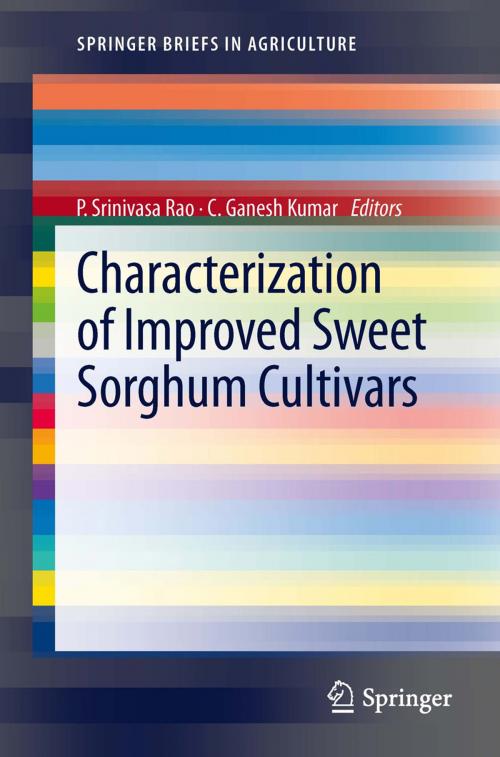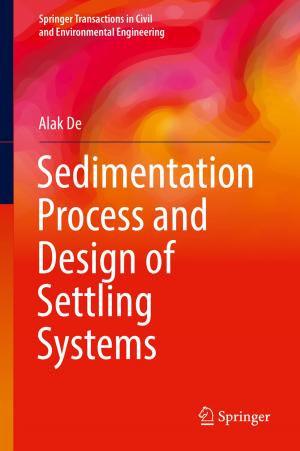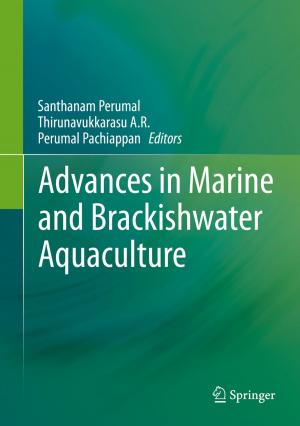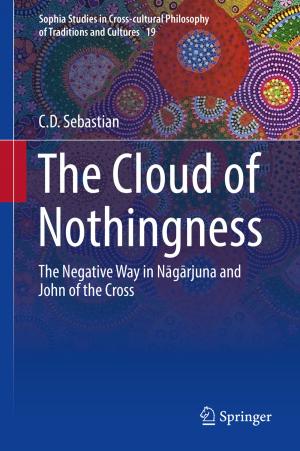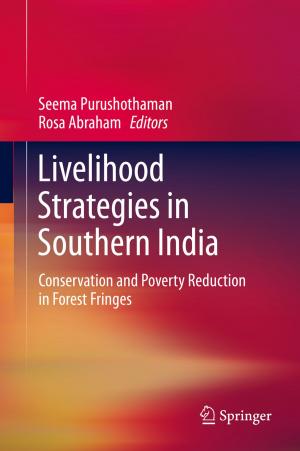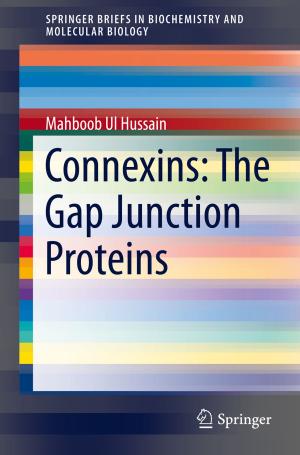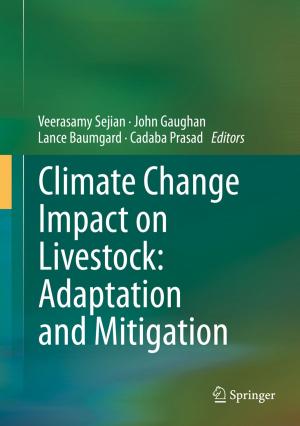Characterization of Improved Sweet Sorghum Cultivars
Nonfiction, Science & Nature, Science, Physics, Energy, Technology, Agriculture & Animal Husbandry| Author: | ISBN: | 9788132207832 | |
| Publisher: | Springer India | Publication: | October 5, 2012 |
| Imprint: | Springer | Language: | English |
| Author: | |
| ISBN: | 9788132207832 |
| Publisher: | Springer India |
| Publication: | October 5, 2012 |
| Imprint: | Springer |
| Language: | English |
A number of driving forces, including the soaring global crude oil prices and environmental concerns in both developed and developing nations has triggered a renewed interest in the recent years on the R&D of biofuel crops. In this regard, many countries across the globe are investing heavily in the bioenergy sector for R&D to increase their energy security and reduce their dependence on imported fossil fuels. Currently, most of the biofuel requirement is met by sugarcane in Brazil and corn in the United States, while biodiesel from rapeseed oil in Europe. Sweet sorghum has been identified as a unique biofuel feedstock in India since it is well adapted to Indian agro-climatic conditions and more importantly it does not jeopardize food security at the cost of fuel. Sweet sorghum [Sorghum bicolor (L.) Moench] is considered as a SMART new generation energy crop as it can accumulate sugars in its stalks similar to sugarcane, but without food¬¬-fuel trade-offs and can be cultivated in almost all temperate and tropical climatic conditions and has many other advantages. The grain can be harvested from the panicles at maturity. There is no single publication detailing the agronomic and biochemical traits of tropical sweet sorghum cultivars and hybrid parents. Hence, an attempt is made in this publication- “Characterization of improved sweet sorghum cultivars” to detail the complete description of cultivars. This book serves as a ready reference on the detailed characterization of different improved sweet sorghum genotypes following the PPVFRA guidelines for the researchers, entrepreneurs, farmers and other stakeholders to identify the available sweet sorghum cultivars and understand their yield potential in tropics.
A number of driving forces, including the soaring global crude oil prices and environmental concerns in both developed and developing nations has triggered a renewed interest in the recent years on the R&D of biofuel crops. In this regard, many countries across the globe are investing heavily in the bioenergy sector for R&D to increase their energy security and reduce their dependence on imported fossil fuels. Currently, most of the biofuel requirement is met by sugarcane in Brazil and corn in the United States, while biodiesel from rapeseed oil in Europe. Sweet sorghum has been identified as a unique biofuel feedstock in India since it is well adapted to Indian agro-climatic conditions and more importantly it does not jeopardize food security at the cost of fuel. Sweet sorghum [Sorghum bicolor (L.) Moench] is considered as a SMART new generation energy crop as it can accumulate sugars in its stalks similar to sugarcane, but without food¬¬-fuel trade-offs and can be cultivated in almost all temperate and tropical climatic conditions and has many other advantages. The grain can be harvested from the panicles at maturity. There is no single publication detailing the agronomic and biochemical traits of tropical sweet sorghum cultivars and hybrid parents. Hence, an attempt is made in this publication- “Characterization of improved sweet sorghum cultivars” to detail the complete description of cultivars. This book serves as a ready reference on the detailed characterization of different improved sweet sorghum genotypes following the PPVFRA guidelines for the researchers, entrepreneurs, farmers and other stakeholders to identify the available sweet sorghum cultivars and understand their yield potential in tropics.
